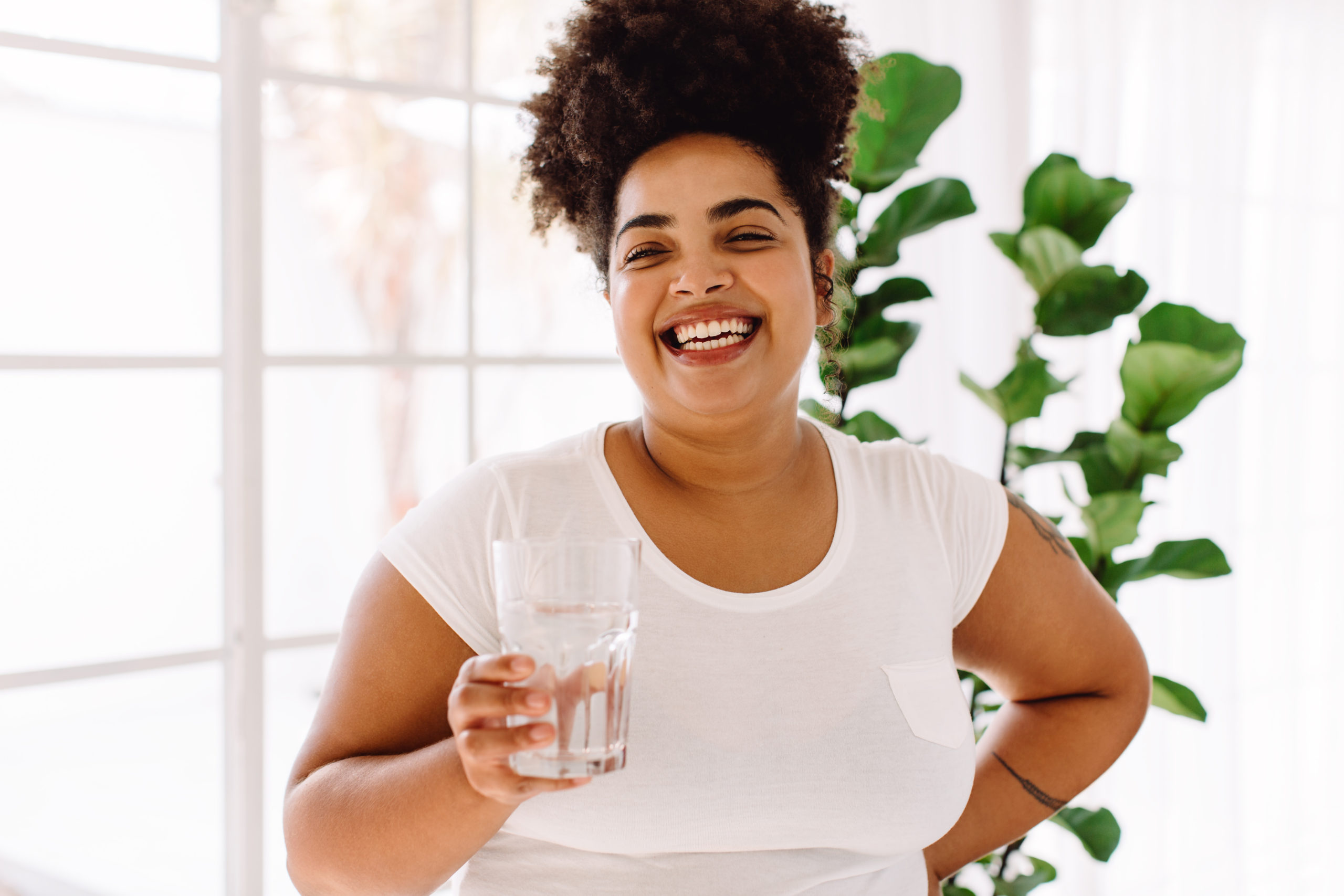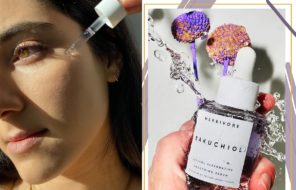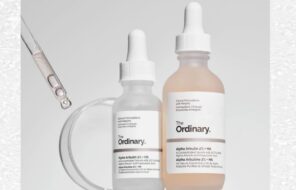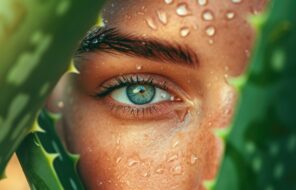You’ve probably heard plenty about how important it is to stay hydrated. Your body uses water for practically everything — from lubricating your joints to flushing out toxins to regulating your body temperature. Drinking enough water may even reduce your risk of long-term health conditions, including heart disease and Alzheimer’s.
If those aren’t enough reasons to get you refilling your water bottle, you should also know that drinking water can seriously benefit the health and appearance of your skin. Dehydrated skin is dry skin, and dry skin is more prone to irritation. Translation: If you’re prone to acne and hyperpigmentation, drinking more water might help.
We connected with two experts, Angela Casey, M.D., and Mark Tager, M.D., to further explain the link between clear skin and water intake.
What’s the connection between water and clear skin?
First, let’s be clear: Water isn’t a replacement for a daily skincare regimen; it doesn’t magically stop the clock on your skin. “Drinking water does not get rid of wrinkles, slow down skin aging, or increase collagen,” Dr. Angela Casey, a board-certified dermatologist, told us.
Instead, Casey explained that staying hydrated literally “waters” our entire bodies. (Your skin is your largest organ, don’t forget.) “Just like our heart and liver and kidneys need water to perform their daily functions, so does our skin.”
So, while it’s not the most direct connection, there’s definitely a link between hydration and clear skin. Staying hydrated can improve gut health, which, in turn, can help clear up acne.
What happens to your skin if you’re dehydrated?
Dr. Mark Tager, a family medicine specialist and author of “Feed Your Skin Right,” told us that skin often shows the effects of dehydration fairly quickly. “The short-term impact of poor hydration is usually evident as an immediate change in skin appearance,” Tager said.
He cited how a day of excess caffeine combined with a night of alcohol consumption can tag team with poor hydration for skin that’s visibly dehydrated the next day. “The result is bags around your eyes, general deflation, and slight changes in skin texture.” (Fogginess, headache, and bleary eyes might show up on a day like this, too. Rough.)
Over the long term, you can develop what’s sometimes known as chronic dehydration. “Chronic dehydration compromises the tight barriers between your epidermal cells, so skin becomes more prone to irritation and infection,” Tager said.
Since your entire body needs water to function, it’ll prioritize sending moisture to your critical organs like your brain and heart. This means less hydration for your skin. On top of that, essential nutrients won’t make their way into your skin if you’re not drinking enough water, which can have adverse long-term effects, according to Trager.
Can you be dehydrated and not realize it?
Short answer: Yep.
According to Trager, since we’re so plugged into technology today, it’s easy to lose track of what our bodies need. When we’re busy and preoccupied, it’s easy to ignore any signals of dehydration that our body is trying to send us. It’s also common to confuse the symptoms of thirst with the signs of hunger. This can cause us to reach for a sugary snack instead of what we really need: a tall glass of water.
Tips for staying hydrated
You can hydrate your body (and, by proxy, your skin) by ensuring you’re drinking lots of water. But, as you probably already know, that’s easier said than done.
Casey suggested incorporating hydration through daily habits, such as taking a refillable water bottle with you wherever you go. “I start each day with at least 16 ounces of cool water,” she said. “This keeps my energy up and helps me start my day off on the right foot.” And don’t think a cup of joe can replace your water intake — “soda and coffee aren’t a replacement for water,” Casey emphasized.
For people who need more structure, water and food journals can be helpful ways to track how much water you’re consuming every day. It can be as simple as shading in a box each time you drink 8 ounces of water.
For those who don’t enjoy drinking water because of its taste, Trager recommended looking into unsweetened flavored waters. There are even options that contain probiotics, which can boost your gut health and your skin’s glow while they’re at it.
More tips to keep your skin looking its best
Water can be part of your tool kit to keep your skin looking fresh and clear. But there are plenty of other ways to up the glow factor. “Taking a holistic approach is essential,” Dr. Casey said. “Healthy, clear skin is much less about skincare products and more about lifestyle.”
Other habits our experts recommended for healthy skin include:
- Sleep. Get at least 8 hours of sleep per day.
- Limit sugar and alcohol. Minimize your intake of sugar and alcohol.
- A healthy diet. Prioritize nutrient-dense foods, such as leafy green, cruciferous veggies, berries, nuts and seeds, salmon, eggs, and whole-fat yogurt.
- Exercise. Get moving every day, even if it’s just a brisk walk.
You may also consider tailoring your skincare regimen to your skin type, whether you have oily, sensitive, or combination skin.
Start sipping that H2O
Drinking enough water won’t magically clear up your skin, and it’s certainly not a replacement for other habits that benefit your body. Bottom line: Hydration won’t get rid of acne or make you radiant overnight, but it’ll contribute to healthier skin (and your overall health) in the long run. There are plenty of reasons to ensure your water intake is up-to-par, and improving your skin health is just the beginning.





